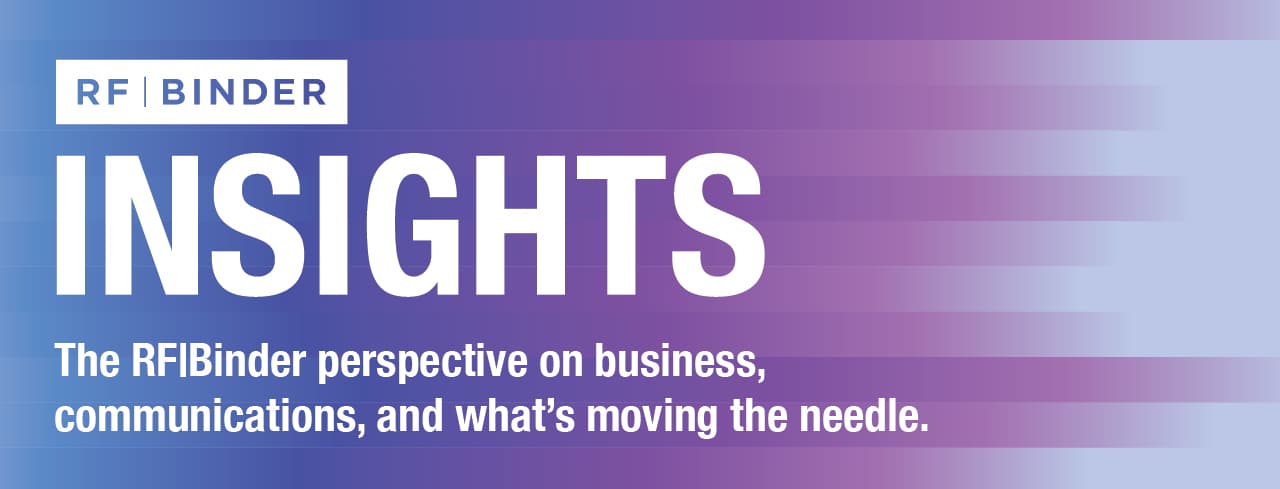The Big Story
Elon Musk Sues Nonprofit into Non-Existence
The Global Alliance for Responsible Media (GARM), a small brand safety initiative run by the World Federation of Advertisers, is discontinuing after being sued by Elon Musk’s X. GARM is a not-for-profit organization established in 2019 by the World Federation of Advertisers (WFA) in collaboration with major digital platforms, advertisers, agencies and other industry bodies. Established in the wake of the Christchurch New Zealand Mosque tragedy, during a time where an influx of harmful and inappropriate content was flooding the web, GARM set out to improve the safety and transparency of digital media environments.
The lawsuit accuses GARM and its member companies, Unilever, CVS, Mars and Ørsted of coordinating a massive advertiser boycott following Musk’s takeover of the platform. X alleges that this boycott resulted in the loss of billions of dollar’s worth of ad revenue and claims that the defendants violated antitrust laws. This lawsuit is the most recent strike in Musk’s ongoing tirade against advertisers since his takeover in 2022. The situation underscores the growing tensions between X and advertising watchdogs, leading to concerns about the impact on future media accountability initiatives.
Two days following the lawsuit filing, the group put out a statement speaking to their decision to discontinue the group. “GARM is a small, not-for-profit initiative, and recent allegations that unfortunately misconstrue its purpose and activities have caused a distraction and significantly drained its resources and finances. GARM therefore is making the difficult decision to discontinue its activities.” Members from the WFA still intend to defend themselves in court and is confident in a favorable outcome. While GARM’s dissolvement might look like a win for Musk, it’s a hollow victory that could leave X in an even deeper advertising hole. In Musk’s world, it seems, you can win the battle but still lose the ad dollars.
Social Updates
In a recent earnings call, Reddit CEO, Steve Huffman hinted that while the classic, free Reddit isn’t going anywhere, some subreddits may begin offering exclusive content locked up behind a paywall. This is all part of Reddit’s effort to boost profits since its recent IPO, which has already included hiking API fees and licensing user data to companies like Google and OpenAI. Reportedly, they are also exploring AI-powered search to drive more ad revenue. These moves have helped Reddit increase sales of course, but they might not sit well with its very passionate and vocal community. As Reddit pushes to satisfy shareholders, the platform could see some significant changes that may displease long-time users.
Mark Zuckerberg Admits to Being “Pressured” by White House Over Covid Content
In a recent letter to the House Judiciary Committee, Mark Zuckerberg revealed that the Biden administration pressured Facebook to censor certain COVID-19 content during the pandemic. Zuckerberg claimed that senior officials from the White House repeatedly pushed Facebook to remove specific posts, including humor and satire, which the company allegedly didn’t always agree to. Zuckerberg expressed regret for not being more outspoken against this pressure and vowed that Facebook would push back if it happened again. He acknowledged that some decisions made during the pandemic might not have been the best in hindsight. The White House responded, saying their goal was to encourage responsible actions to protect public health, while Facebook’s actions have reignited debates about censorship and bias on social media platforms.
Digital Updates
California Introduces the First AI Regulation Bill
A first-of-its-kind AI bill is making waves through California and ruffling the feathers of some long-time AI pioneers. The AI Safety Bill, SB 1047, would impose strict regulations on developers spending over $100 million on AI models. These developers would be required to safety testing, third-party audits, and a “kill switch” for harmful AI systems. Critics like Google, Meta and OpenAI argue that these limitations could seriously hamper California’s competitiveness in the AI space, especially in Silicon Valley. However, supporters argue that the bill is a necessary step to ensure AI safety. Even Elon Musk, himself, tweeted in support of the bill, “This is a tough call and will make some people upset, but, all things considered, I think California should probably pass the SB 1047 AI safety bill. For over 20 years, I have been an advocate for AI regulation, just as we regulate any product/technology that is a potential risk to the public.” The bill has already passed the state Senate and faces a final vote in the Assembly, but opposition remains strong, even among some prominent Democrats. If passed, this bill would be the first significant step of regulating AI in the US.
Retail Media Continues to Grow Despite the Continuation of Third-Party Cookies
Even with cookies back on the menu, Retail Media Networks (RMNs) show no signs of stopping. Retail media networks, or “commerce media,” surged as a cookieless solution when Google first announced their deprecation of third-party tracking cookies. Retail media offers brand-safe environments and valuable real-time customer insights, making them stand out to advertisers more than traditional media channels. Despite Google’s reversal on the cookie call, the demand for first-party data is still as strong as ever and the appeal of RMNs are expected to sustain their rapid growth, with global retail media spending projected to surpass $150 billion by the end of the year.

